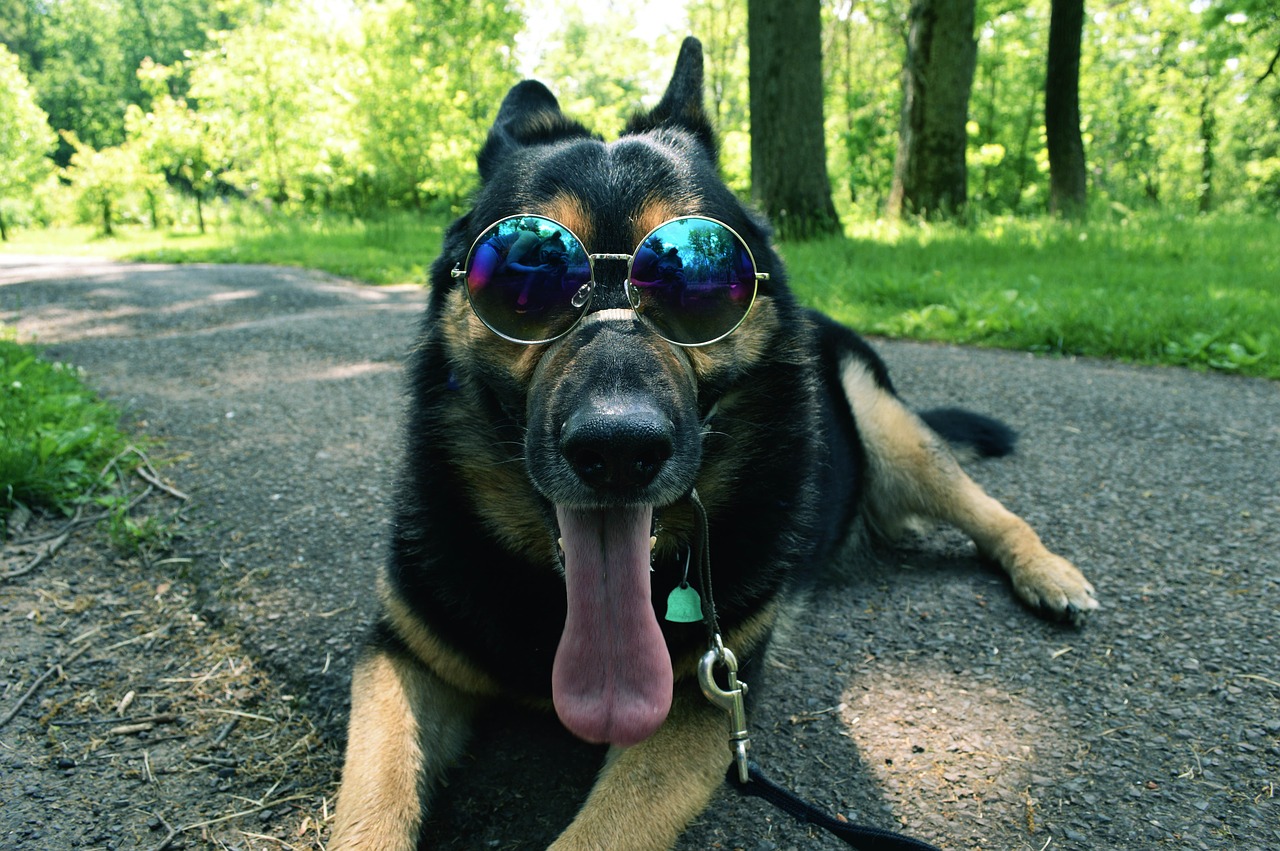
Moving to a warmer climate usually sounds like a great idea. No more cold winters or rainy days, just sunshine and warmth. But, if you are moving with your pet, this idyllic picture might not be a reality just yet. Pets are not usually comfortable with big changes in the climate. After all, they were built to be territorial animals, which is why the change of climate can even have detrimental effects on their health. Therefore, you will need to help your pet adapt to living in a warmer climate if you want them to be alright. And, luckily, we are here to tell you how.
Prepare your pet for relocation
A lot of people make the mistake of only taking care of their pets after they've moved. And, while doing so will be necessary, you still need to deal with certain preparations in order to help your pet adapt to living in a warmer climate. Now, these preparations aren't as complicated as preparing for a hurricane season. But, they are necessary if you want your pet to adapt easily.
Keeping your pet healthy
The most important thing you have to tackle is your pet's health. They will have an even harder time adapting to a warmer climate if they arrive sick. So, you need to do your best to ensure that they are completely healthy throughout the relocation. Ideally, you should take your pet to a vet and consult with them what needs to be done. After all, no two pets are the same, which is why you will need to come up with a unique health regiment for your pet. This can include:
- Increased exercise.
- More fresh air.
- Food supplements.
- Preventive medication.
- Special treatments.
In order to easily adapt to a new climate, your pet needs to have their immune system up. Only then will their body be able to handle the stress of changing climate and adapt to it in a reasonable time.
Avoiding moving preparations
If there is one thing that is true for all pets it's that pets and moving don't mix. Even if your pet is the friendliest animal in town, they simply won't like strangers walking around their territory and moving stuff. Not to mention that your pet can easily cause a moving accident simply by walking about. So, if you want to do your pet and your movers a huge favor, make sure that your pet isn't around during moving preparations. This will help them avoid stress and therefore maintain their health. If you do expose them to stress, you will first have to spend time calming them down in a new environment. Add to this the change of climate and you will easily see why helping them avoid moving preparations is the best course of action.
Help your pet adapt to living in a warmer climate
If you've done what we outlined, your pet should be well prepared for a relocation. With luck, they won't experience much stress, and they will come to your new home happy and healthy. Now what remains is for you to actually help your pet adapt to living in a warmer climate.
Regular checkups
The first thing to do is to find a decent vet. Especially if you come from a larger city. Remember, finding a suitable vet in a smaller city can be difficult. So, if for instance, you are moving from Miami to another city in Florida, find a decent local vet as soon as you arrive. Explain to them the situation and ask for advice. An experienced vet will be able to keep track of your pet and ensure that they are adapting safely. And, if your pet starts having some issues, they will be able to address them properly and ensure your pet's safety. Not to mention that if an emergency happens, you don't want to be caught not knowing where to go. Therefore, once you move with your pet to a warmer climate, find a vet and visit them as often as they recommend.
Gradual adaptation
Ideally, you want to help your pet adapt to living in a warmer climate by gradually introducing them to it. Now, depending on how big your apartment is, this can be hard to pull off. But, if possible, you should set the temperature of your apartment to mimic your former climate. That way you'll be able to gradually increase the temperature and accustom your pet to warmer weather. This, of course, doesn't mean that you shouldn't take your pet for walks. But, once you do, try not to push them too hard. The more gradual the adaptation is, the less shock they are going to experience. So, go at it at a slow pace in order to maintain their well-being.
If, on the other hand, you decide to keep your pet outside, you need to ensure that they have enough shade. While some pets are better suited for warmer weather, it will still take some time before they totally acclimate themselves to a truly warm climate. So, make sure to put the pet house in a cool part of your yard and that they can escape the heat when necessary. But, ideally, you should let them stay inside, at least for the first couple of weeks.
Proper diet and water
Diet plays a big role in helping your pet adjust to warmer climates. Their food should be fresh and cool and you should avoid giving them large portions. But, the most important thing will be that they have enough cool water. Make sure that the tray is full, and that the water doesn't get stale or warm. If possible, you can add some ice cubes in order to keep the water cooler for longer. You can also look into freezing bits of their food and adding them to their diet in order to help them cool off.





















